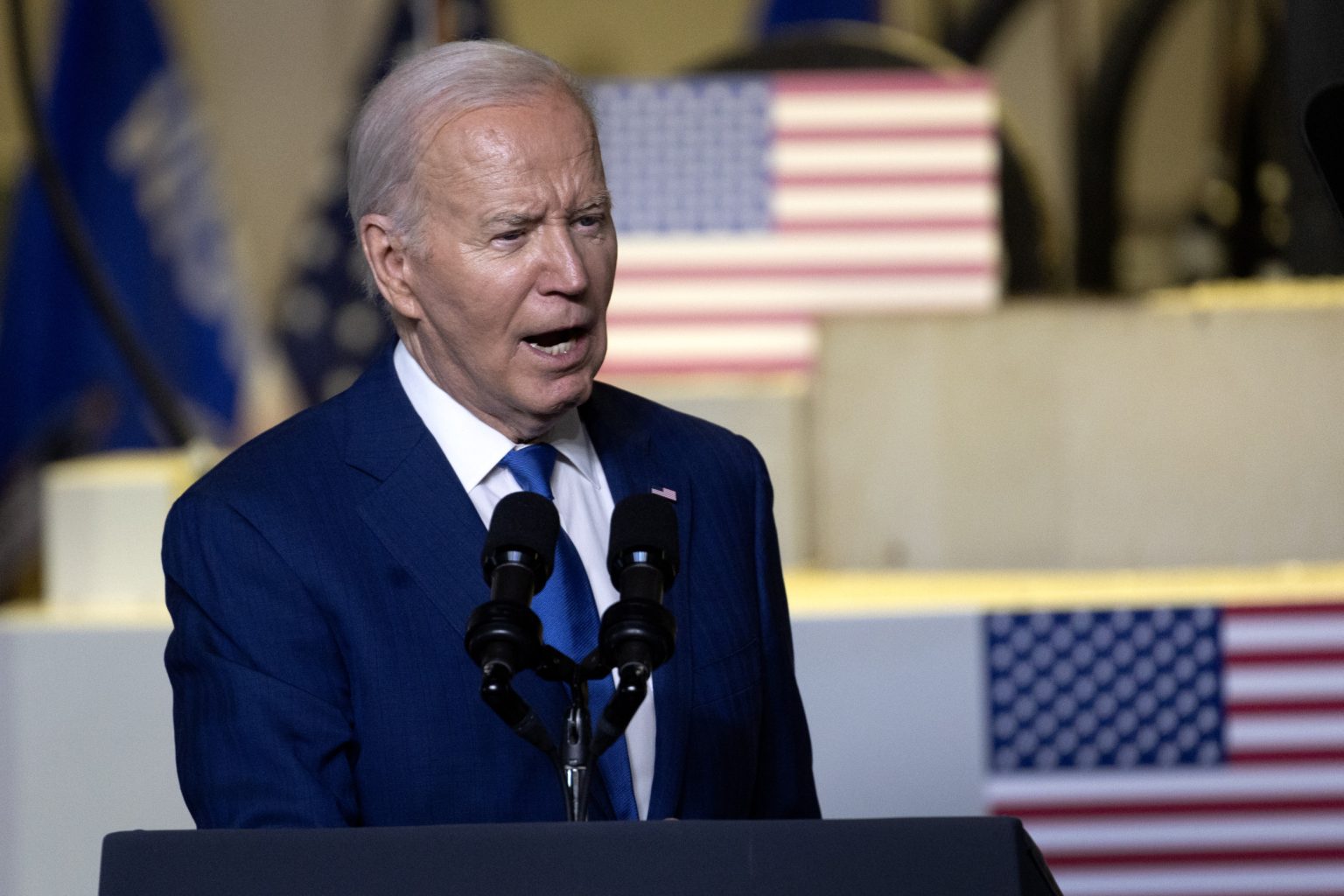President Biden’s assertion of executive privilege to prevent recordings of his interviews with special counsel Robert Hur from being released shares similarities with former President Trump’s attempts to use privilege while in the White House. Legal expert Andrew McCarthy highlighted the arguments made during both administrations in regards to executive privilege. The White House, backed by Attorney General Merrick Garland, argued that law enforcement files like these need protection. Trump administration officials also dealt with similar challenges in releasing information during investigations.
Executive privilege has been a tool for presidents since the earliest days of the country, allowing the executive branch to withhold internal discussions and documents from scrutiny by the courts and the legislative branch. Former Assistant U.S. Attorney Andrew McCarthy noted that presidents have long withheld information from Congress, although Congress has several tools it can use to pry information from the executive branch, such as holding individuals in contempt or slashing budgets. The media’s reaction to Biden’s assertion of executive privilege is seen as an effort to report on the matter briefly before moving on to other subjects.
Attorney General Merrick Garland defended Biden’s decision to assert executive privilege, stating that the subpoena for audio recordings could harm future investigations. The longstanding position is that an official asserting the President’s executive privilege claim cannot be prosecuted for criminal contempt of Congress. However, this position was challenged after Trump’s term in office and the Capitol protests in January 6, 2021, resulting in convictions for individuals who refused to comply with congressional subpoenas.
Former White House chief strategist Steve Bannon and former Trump adviser Peter Navarro were convicted of contempt of Congress and sentenced to jail time for their refusal to comply with subpoenas. Bannon’s appeal was denied, with the Court of Appeals ruling that granting the appeal would “hamstring Congress’s investigatory authority.” Navarro, who is attempting to appeal his contempt conviction, reported to prison after the Supreme Court order. The courts rejected Navarro’s argument that he could not cooperate with the committee investigating the January 6 attack due to Trump’s invocation of executive privilege.
The House Judiciary Committee advanced a resolution to hold Attorney General Garland in contempt of Congress for the Justice Department’s failure to produce the subpoenaed audio recording of Biden’s interview with Hur. The investigation into Biden’s handling of classified materials after his vice presidency found that Biden would not be charged due to being deemed too cognitively impaired. Trump has criticized the disparity in charges as reflecting a “sick and corrupt, two-tiered system of justice in our country.” Overall, the use of executive privilege and subsequent challenges highlight the ongoing tensions between the executive branch and Congress.













